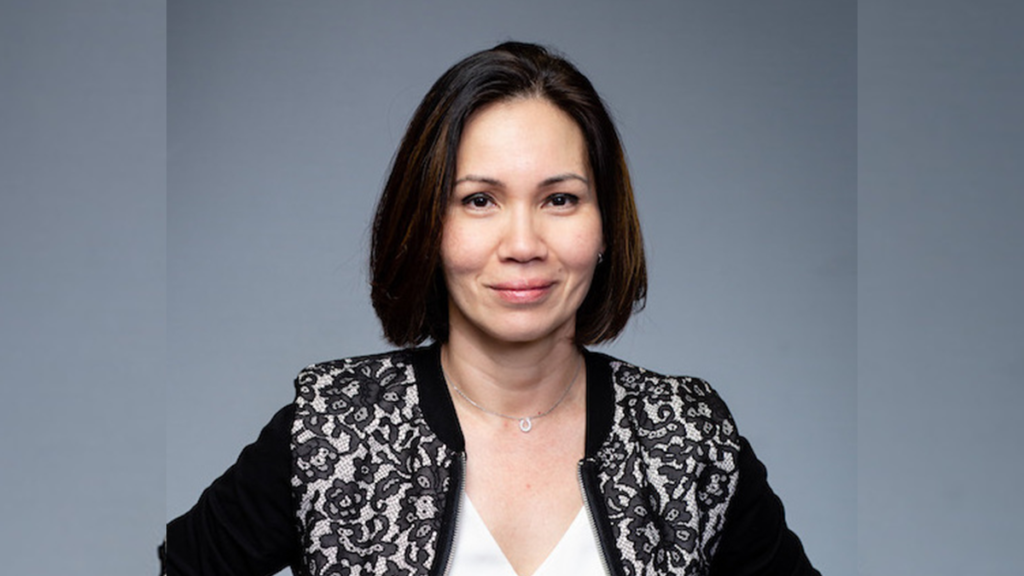For NDA’s Programmatic Month, we’re asking some of our favourite people for their predictions for programmatic technologies and advertising in 2021. Next up is the amazing Lara Izlan, Director, Advertising Data & Analytics, ITV.
What impact has the events of 2020 had on the programmatic advertising industry and how is it recovering?
Indeed 2020 has been an unprecedented year, and the social and economic repercussions will likely be felt for years to come. But there are reasons to be hopeful. People all over the world have discovered new, productive ways of working. Our sense of collective purpose around key social causes has been ignited. And, thankfully, rapid innovation in medical science has given us hope that the end of the pandemic is in sight.
The programmatic industry for one stands to benefit from a number of trends emerging over the past year. Firstly, we have seen an acceleration in digitisation – with more consumers acting and transacting online than ever, companies are embracing technology and becoming data-centric at a faster pace. Two, the ebbs and flows of societal events, and resulting impact on consumer moods, needs, and demands, has increased the need for more flexible media planning. And thirdly, economic pressure translates to pressure on company budgets and this is intensifying businesses’ focus on driving outcomes and delivering tangible value.
These factors, plus the evolving regulation around consumer privacy and the imminent death of the cookie, have forced the programmatic industry to innovate faster and smarter than we ever have. I believe that this resilience will not only set us up for recovery in the coming months and years, but will make us a stronger industry in the long term.
What is the biggest opportunity in programmatic for 2021, and why?
There are many big possibilities for programmatic in the year ahead. But the one I’m most excited about is (finally!) realising the power of first party data. Yes, it does feel like we’ve been expounding on the benefits of first party data for years. So, why now? I think there is a perfect storm of factors brewing.
Firstly, the dying cookie takes with it low quality, black box modelled, data solutions. As an industry, we have always known these were low quality, low price options. Yet, while the industry continued to focus on delivering volume at low rates, these subpar data options continued to prove irresistible.
Next, for the past few years, companies have been buying into the promise of big data, and investing in the infrastructure and people talent to amass their ‘data gold.’ The time has come to realise the return on this investment, and, in media, brands and media owners are now recognising that data’s value can only be unlocked by combining data sets and allowing data to be activated. At ITV, it’s been exciting to see more and more savvy advertisers and agencies engaging with us on their first party data approach for broadcast media.
And finally, new identity technologies are emerging that are built to handle first party data with deference to consumer privacy. This provides a much needed trust framework that becomes the baseline for productive first party data collaborations. This is why ITV have invested in InfoSum, enabling ITV Hub’s base of over 32 million registered users to be combined with advertiser data sets to empower smarter advertising strategies in a fully privacy compliant way.
I think the commercial pressure to put data investments to work to deliver results, along with the new identity and data collaboration capabilities in the market, will allow us to finally see this programmatic opportunity realised at scale in 2021.
What is the biggest challenge that programmatic faces in the year ahead, and why?
We have the opportunity to learn from the programmatic missteps of the past, and rebuild and redefine it for the emerging opportunities in connected TV, digital OOH, cinema, and audio.
The very nature of these channels, and the powerful creative canvases they represent, suggest that we need to do things differently. We need to emphasise and automate the power of the creative in a much more meaningful way. And, we need to measure campaign success across longer horizons and be comfortable with a portfolio of metrics and methodologies to do so.
Programmatic measurement needs to mature – it needs to grow out of its reliance on short term proxy metrics that has relegated digital to bottom-of-funnel budgets in the past. I believe this is a crucial point to making programmatic successful across more channels including TV, and this is why at ITV, we are actively working on a full funnel approach to measurement.
The biggest challenge is therefore to resist the temptation, in our hurry to standardise programmatic solutions, to retrofit programmatic technologies and strategies of the past to these new channels – or what may be worse, to reduce these channels to jaded programmatic rules. It would be a travesty and a wasted opportunity were programmatic not to evolve and take on a wider role in the advertising ecosystem.
It’s time to return programmatic to its original promises – automation to efficiently connect more buyers and sellers, the ability to apply data to drive advertising effectiveness, using smarter economic principles to fairly allocate supply to demand, and provide buyers and sellers more flexibility, control and full transparency.
These are some of the core principles that underpin the development of PlanetV, ITV’s new self-service programmatic platform for premium broadcaster video.
What do you most hope will happen in the industry?
In a slightly different vein, my greatest hope for programmatic, and media and advertising more widely, is that we continue to make strides in building an industry that is diverse, representative, and inclusive.
One that continues to provide prolific career paths for creative, technical, analytical, commercial, and innovative individuals. And an industry that truly reflects society and the consumers we hope to reach. I believe that this is the best way to ensure we are building an industry that will stand the test of time.









